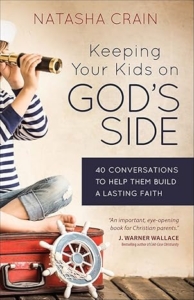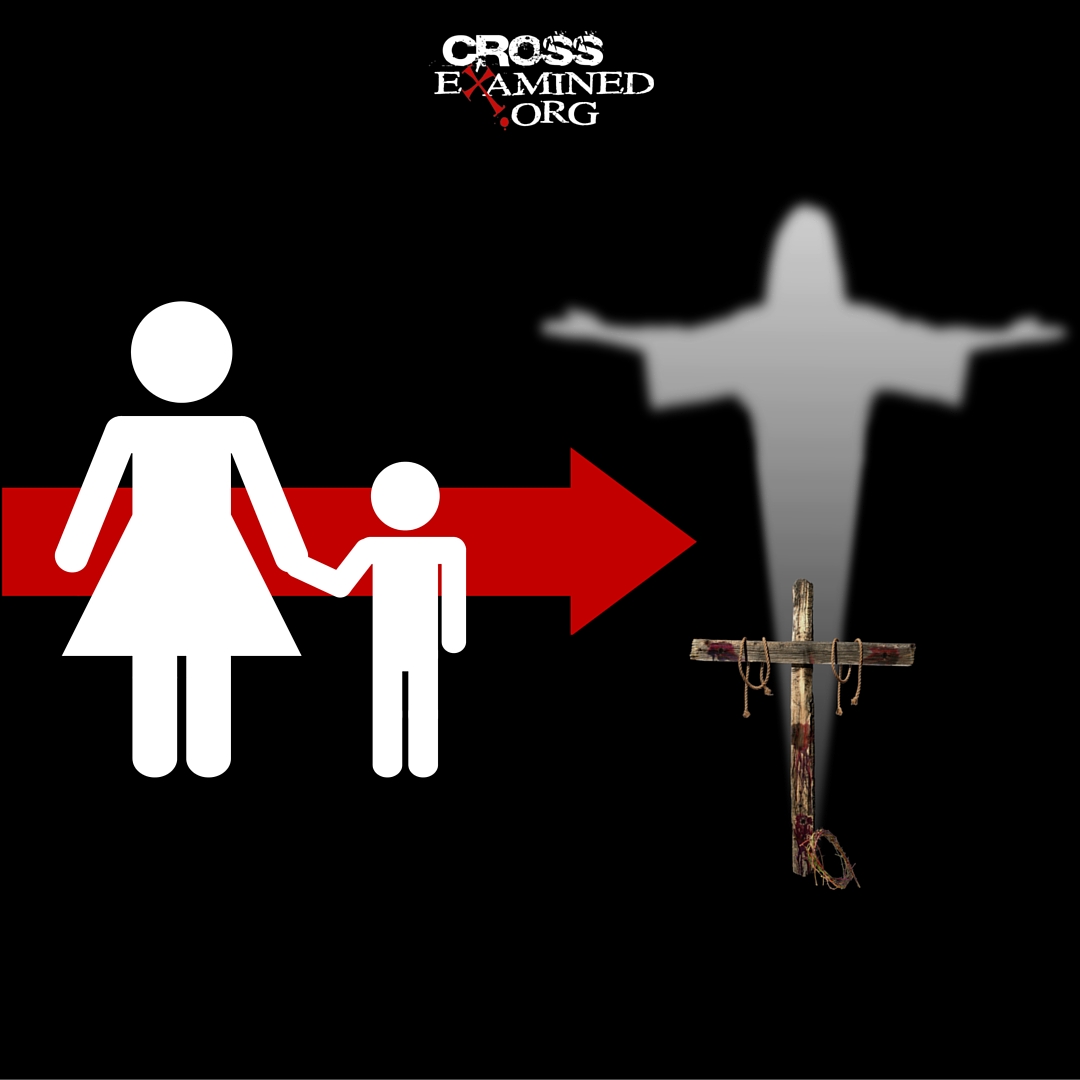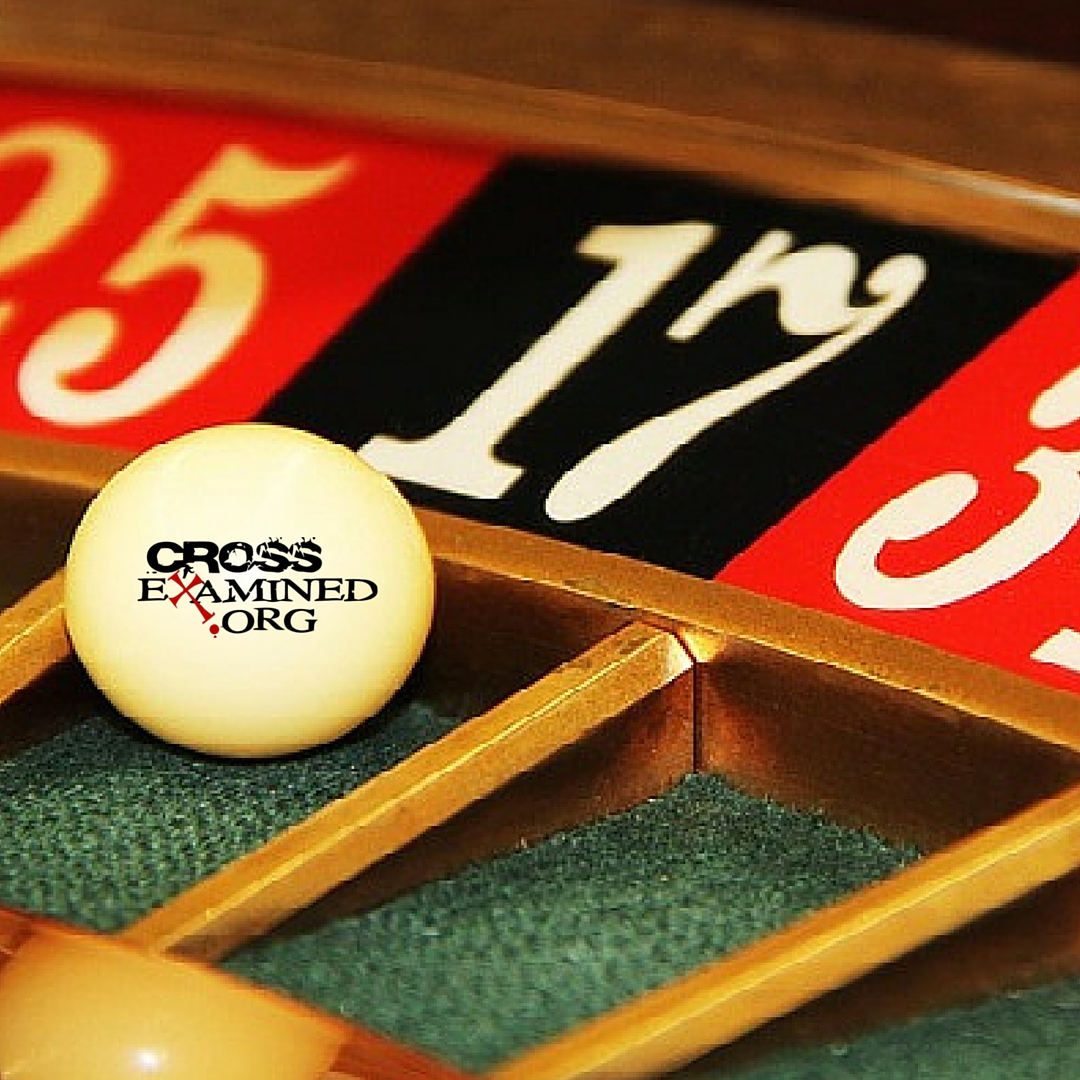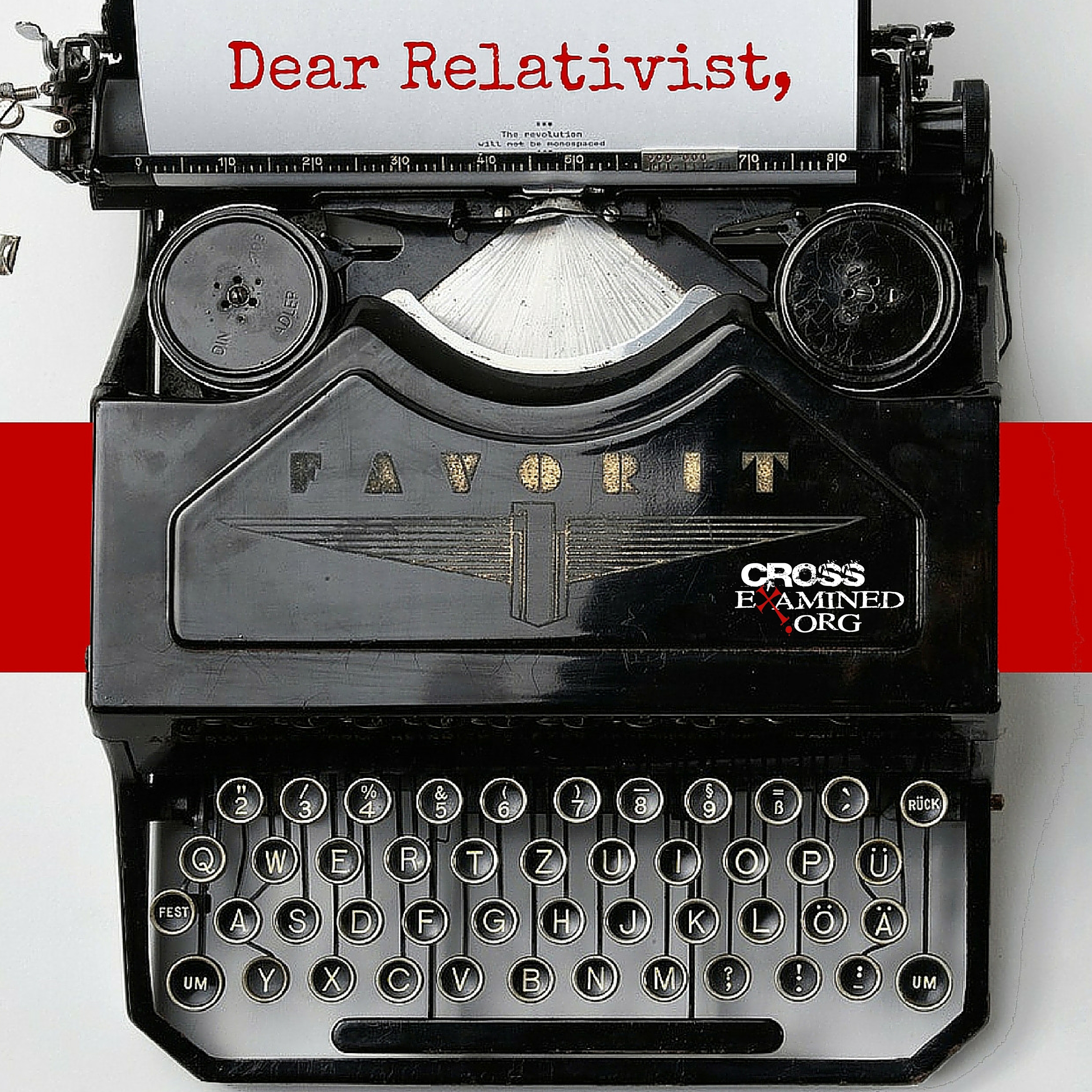Oh, this election.
How it’s brought out the worst in everyone, including the two people running for office.
As crazy as the last few months leading up to the election have been, I haven’t felt inspired to write anything about it…until now.
The recording of Trump making vulgar and lewd comments about women is bringing me out of my election silence. But not for the reason you might think.
In the past few days, I’ve watched with amazement as scores of articles denouncing Trump’s character have been shared on social media by my liberal friends. They are rightly outraged at what he said. But these are the same friends who are pro-choice, support transgender bathroom choice, believe there’s no problem with sex outside of marriage, and think that not supporting same-sex marriage is bigotry.
Liberal America, from whence does this hodgepodge of moral views come, other than from your own fickle liking?
Should not your moral outrage be tempered to the whisper of an opinion by the realization that, without a belief in God, you haven’t an objective foot to stand on?
This week’s showcase of moral confusion from our collective society demonstrates how few people bother to consider the basis for their moral convictions. As Christian parents, it’s our responsibility to raise our kids with feet firmly planted on objective moral ground. But what does that mean when they’re growing up in a country ruled by moral confusion?
First, it means we must proactively teach our kids how to think critically about the nature of morality…unlike the world around them.
You know what kind of political comment I never see? Something like this: “Now, let me say up front that this is just my personal opinion, and my opinion only, because I don’t believe in any revealed religion and therefore realize I have no basis for believing there is an objective standard of morality that applies to all people. So, if you disagree with me, your view is just as valid as mine, because in a world without such objective standards, everything is a matter of opinion. With that acknowledgement out of the way, I just want to say that I think what Trump said is so morally outrageous! Again, that’s just according to my opinion, and if you think what he said is totally fine, your view is valid as well.”
Ahem.
That is certainly not the kind of (consistent) thinking that is found in popular culture. Instead, secular America treats morality as a grab-bag of whatever the mainstream likes, while condemning those who disagree as if there were some objective basis for that morality in a world without God.
This. Is. Confusion.
We have to teach our kids the logical moral implications of a theistic versus atheistic worldview.
This isn’t even about which worldview is correct. It’s simply about consistent thinking.
In a theistic worldview, there is an all-good God who is the objective standard of morality—His character defines what is good and evil for all people, regardless of personal opinion. This standard is what gives meaning to the words right and wrong.
In an atheistic worldview, individuals can have a preference for what they think is right and wrong, but no one can claim a higher authority for that preference. I might say murder is wrong, for example, but I can only mean wrong in the weakest sense—“murder is wrong in my personal opinion.” Someone else could legitimately claim that murder is great, and there would be no objective arbiter of morality between us; no one could say what we ought to do. Morality is simply subjective.
If people were thinking in ways consistent with their worldview, we should see a lot more comments like my hypothetical one above.
Second, it means we must teach our kids why there’s a good reason to believe the Bible is true.
Let’s say that you gift your kids with the critical thinking skills needed to understand the difference between objective and subjective morality, as I described above. That gives them the foundation for at least having consistent thinking, but it isn’t sufficient for giving them an understanding of why there’s a good reason to believe it’s the theistic worldview that offers the accurate picture of morality. For that, kids must have good reason to believe that the Bible is true.
This means much more than a parent faithfully repeating that the Bible is God’s word throughout a child’s 18-plus years at home. It means thoroughly addressing why anyone should believe the truth claims of any book that claims to be a divine revelation:
How were the books in the Bible selected?
Why were books left out of the Bible?
How do we know we can trust the Bible’s authors?
How do we know the Bible we have today says what the authors originally wrote?
Does the Bible have errors and contradictions?
For more on these questions, see my post, Don’t Expect Your Kids to Care What the Bible Says Unless You’ve Given Them Reason to Believe It’s True. As that title suggests, our kids won’t have any reason to base their moral understanding on God’s word if they don’t have the confidence that it’s accurate in the morality it teaches.
Third, it means we must give our kids experience applying their moral understanding to the social issues at the forefront of discussion today.
My first two points address the theoretical knowledge kids need to engage with the world. But if we don’t help them apply it to the actual social issues in the spotlight, it’s like studying a manual on how to ride a bike without ever getting on one.
All the foundational knowledge in the world can quickly get confused when presented with nuanced circumstances. For example, just today I saw someone on Facebook make the case that every person should be pro-choice, if only because some kids would otherwise be born into horrible families that will abuse them. Most people who have given thought to the abortion issue can see right through that (bad) logic, but if a child encountered such thinking for the first time, he or she might think it makes sense.
Taking the opportunity to walk through individual social issues that involve moral questions can make an enormous difference in preparing kids to engage with a secular world.
(Incidentally, I highly recommend Persuasive Pro Life: How to Talk about Our Culture’s Toughest Issue as a great resource on the abortion subject.)
Fourth, it means we must help our kids develop a willingness to boldly stand up for their beliefs.
We should be leery of raising kids who will have all the right beliefs but have no guts to stand up for those beliefs in a hostile world. The two don’t necessarily go hand-in-hand.
I experienced that on a small scale this week. I heard through the grapevine that there’s a child in my son’s class at school who is being picked on by other kids. I pulled my son aside at home to talk about what he’s seen and heard. He acknowledged that he had witnessed this happening, so I asked what he had done about it.
Absolutely nothing.
He knew it was wrong, and he didn’t like what he saw, but he told me it’s “too embarrassing” to say something to his friends. We had one of those overly looooong parenting talks, and I explained why it’s so important to stand up for your beliefs even when it makes you uncomfortable.
Two days later, on the way home from school, I noticed he had tears in his eyes. He told me that some kids were talking about doing something bothersome to that child again. But this time he told them to stop. And they did.
Knowing what’s right, doing what’s right, and standing up for what’s right are three different things that aren’t automatically connected in our kids’ minds and hearts. It’s up to us to proactively draw those connections and raise kids who will be a light to the world rather than a light tucked away in a comfortable home.
Let me end this by saying that if you’re thinking, “I can’t believe she thinks you have to believe in God to know that what Trump said is bad!” (as some readers who stumble upon this post are bound to suggest)…you’ve totally misunderstood what I said.
And that’s exactly representative of the moral confusion in America today.
Natasha Crain is a blogger, author, and national speaker who is passionate about equipping Christian parents to raise their kids with an understanding of how to make a case for and defend their faith in an increasingly secular world. She is the author of two apologetics books for parents: Talking with Your Kids about God (2017) and Keeping Your Kids on God’s Side (2016). Natasha has an MBA in marketing and statistics from UCLA and a certificate in Christian apologetics from Biola University. A former marketing executive and adjunct professor, she lives in Southern California with her husband and three children.




 http://bit.ly/2axGp8H
http://bit.ly/2axGp8H http://bit.ly/2aZGsGC
http://bit.ly/2aZGsGC http://bit.ly/2aZH1jK
http://bit.ly/2aZH1jK

